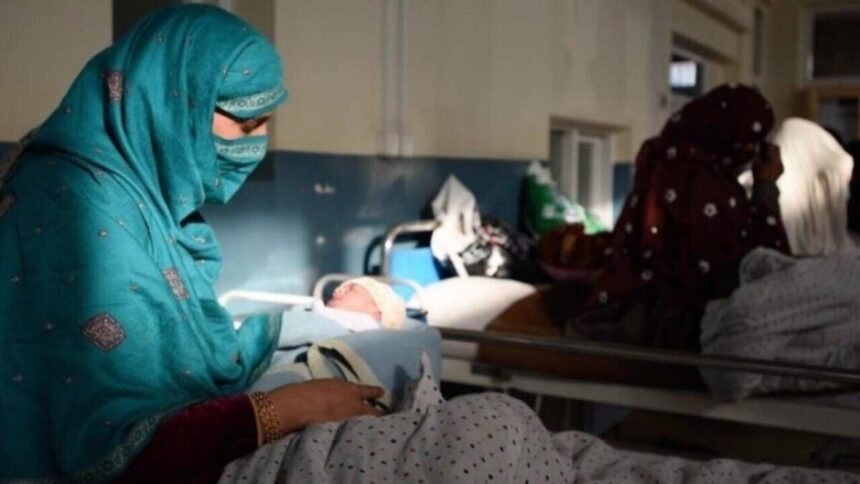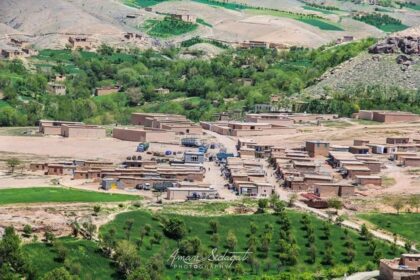RASC News Agency: The World Health Organization (WHO) has reported that 2.9 million children under the age of five in Afghanistan are grappling with malnutrition. Of this number, 850,000 children are suffering from severe acute malnutrition. The WHO’s report underscores that food insecurity in Afghanistan is rapidly evolving into a severe crisis.
In contrast, the World Food Programme (WFP) of the United Nations, in a recent statement, highlighted its efforts to mitigate hunger in the country, revealing that over the past year, it has distributed fortified food to 1 million children. Among these recipients, 500,000 were female students. Despite these efforts, the Taliban have portrayed the situation as under control and claimed that the populace is satisfied with their regime. However, citizens argue that the Taliban lead a luxurious and privileged lifestyle, remaining indifferent to the dire political, economic, and social issues faced by the Afghanistani people. They feel that the Taliban are unaccountable and fail to address critical problems such as unemployment, illness, and poverty.
Residents report that when they approach Taliban officials regarding issues of unemployment, illness, and poverty, they are met with arrogance. The officials reportedly respond by asserting their identity as “Mujahideen” and advise individuals to seek divine intervention for their problems, dismissing any responsibility for addressing these critical issues.






